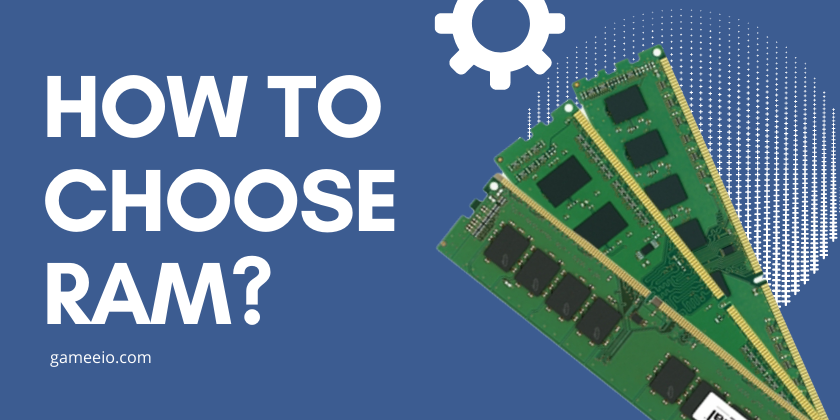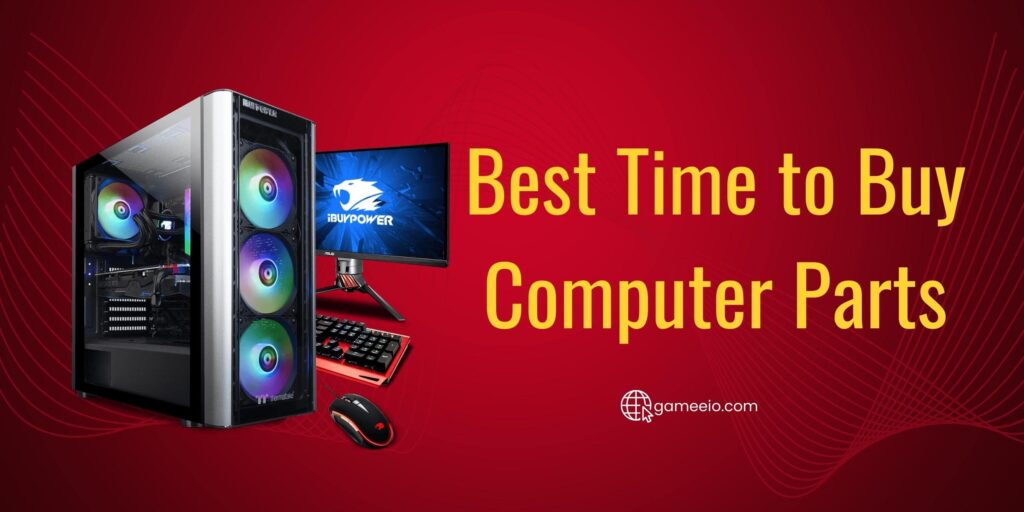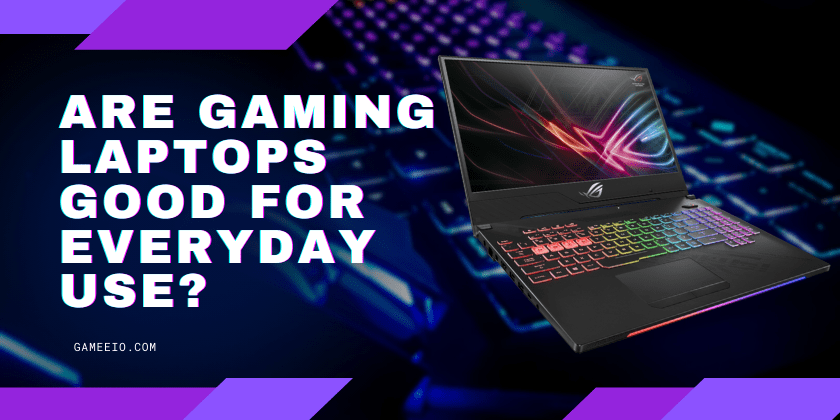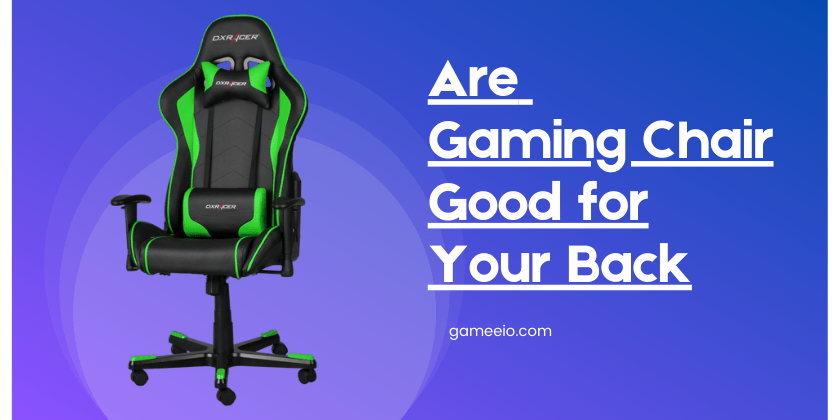What Does a Good CPU Do for Gaming? In This Article, I’ll let you know about this. PC gaming has experienced a change in how the games are being played, which is mainly because of the increase in the number of players who are looking to get a better gaming experience. While most people might think that the CPU is the main component but What Does a Good CPU Do for Gaming and that is responsible for all that power, is that really the case?
Surely, the graphics card is the one responsible for all that gaming performance, but the truth is that it goes to both of them. In this article, we are going to see what does a good CPU for gaming does for all that performance.
How and What Does a Good CPU Do for Gaming?
The Best Gaming CPU is a CPU that helps in improving the gaming experience. It is directly related to the performance of a gaming computer. It is the equivalent of the GPU in the gaming process. It is a significant part of the gaming system.
1. What makes a good CPU for gaming?
There are many important factors to consider when choosing a CPU for gaming. The first decision to make is whether you want an Intel or AMD processor.
Intel processors tend to be more expensive, but they offer better performance and longer battery life. AMD processors are less expensive, but they can generate more heat and have shorter battery life.
The next decision is to determine the number of cores you need. What Does a Good CPU Do for Gaming? A quad-core processor is good for most games, but some high-end games require a six-core or eight-core processor.
After you’ve decided on the type of processor, you need to choose the clock speed. This is measured in gigahertz (GHz) and it determines how fast your computer can perform tasks. The higher the GHz, the faster your computer will be. So I hope you know What Does a Good CPU Do for Gaming
Also Read: Can Gaming Laptops be Used for School?
2. Power consumption, IPC and Cores
The three factors that most affect a processor’s performance are its power consumption, instructions per cycle (IPC), and the number of cores. Processors with a higher IPC can complete more instructions in a given amount of time, making them faster.
Processors with more cores can handle more tasks at once, making them better suited for multitasking. And processors with lower power consumption typically generate less heat, which can make them more reliable and longer-lasting. These are things What Does a Good CPU Do for Gaming.
3. Intel vs. AMD processors
Which processor is better, Intel or AMD? This question has been asked for years and there is no clear answer. Both processors have their pros and cons. In this article, we will compare Intel and AMD processors to help you decide which one is best for you and What a Good CPU Do for Gaming.
Intel processors are known for their high performance and efficiency. They are also more expensive than AMD processors. AMD processors are not as efficient as Intel processors, but they are cheaper.
If you are looking for a high-performance processor that is efficient and expensive, then Intel is the best option. If you are looking for a low-cost processor that doesn’t have the best performance, then AMD is the better option.
4. How to choose a gaming CPU?
Essential factors to choose a gaming CPU are listed below:
Performance Matters:
The performance of your gaming CPU is central. Look for CPUs with high clock speeds and multiple cores. In recent years, CPUs with more cores have become basic as games are becoming increasingly optimized to use them. A quad-core or hexa-core CPU is usually a good starting point for gaming.
Compatibility with Motherboard:
Ensure that the CPU you select is consistent with your motherboard. This means checking the CPU socket type (e.g., LGA 1200, AM4) with your motherboard’s socket type. Also, check if your motherboard supports the CPU’s generation, as older motherboards might require a BIOS update to work with newer CPUs.
Budget Considerations:
Gaming CPUs come in different price ranges. While it’s tempting to go for the most expensive option, it’s essential to balance performance with your budget. Determine the performance level you need and try to find the best CPU that fits your budget.
Overclocking Potential:
If you’re interested in overclocking, look for CPUs with a “K” (Intel) or “X” (AMD) suffix. These CPUs are unlocked and allow you to improve their clock speeds for additional interpretation. Keep in mind that overclocking requires a consistent motherboard and good cooling.
Cooling Requirements:
Speaking of cooling, the CPU you choose may come with a stock cooler, but it’s often advisable to invest in an aftermarket cooler, especially if you’re using a high-performance CPU or plan to overclock. Consider the TDP (thermal design power) of the CPU when choosing cooling solutions.
Future-Proofing:
Gaming technology is constantly evolving. While it’s impossible to future-proof entirely, you can choose a CPU with a good promotion path. Consider buying a CPU from a platform that is expected to receive new generations of CPUs in the future.
Multithreading Support:
Some modern games benefit from CPUs with multithreading abilities. These CPUs can handle multiple threads per core, enhancing performance in tasks that can utilize them. Check for CPUs with SMT (Simultaneous Multi-Threading) for Intel or SMT (Simultaneous Multi-Threading) for AMD.
Reviews and Benchmarks:
Before completing your choice, research reviews and benchmarks for the specific CPU models you’re thinking of. Real-world performance tests can give you a clear idea of how a CPU performs in gaming techniques.
5. What to look for in a good processor?
When you are looking for a new processor, there are a few things that you should keep in mind. The first is the price. You don’t want to spend too much money on something that you will only use for a few years. Another thing to consider is the speed of the processor.
You don’t want to get one that is too slow or too fast for your needs. Make sure to look at the number of cores and threads, as well. What Does a Good CPU Do for Gaming? This will help you determine how well the processor can handle multitasking. Finally, you should check out the reviews online to see what other people have said about the processor.
6. List of best processors for gaming
When it comes to choosing the best gaming processor, there are many factors to consider. Some of the most important include price, performance and features. This list showcases some of the best processors for gaming on the market today. What Does a Good CPU Do for Gaming? All of these processors offer great value for the price and provide exceptional performance for gamers.
| Image | Product | Details | Price |
|---|---|---|---|
 |
AMD Ryzen 5 3600 6 Core | Brand: AMD CPU Speed: 4.2 GHz Cores: 6 core CPU CPU Socket: AM4 |
Price $209 |
 |
Intel Core i7-9700K Desktop Processor 8 Cores | Brand: Intel CPU Speed: 4.9 GHz Cores: 8 core CPU CPU Socket: LGA 1151 |
Price $452 |
 |
AMD Ryzen 3 3200G 4 Core | Brand: AMD CPU Speed: 4 GHz Cores: 4 core CPU CPU Socket: AM4 |
Price $299 |
 |
Intel Core i5-9600K 6 Cores | Brand: Intel CPU Speed: 3.7 GHz Cores: 6 core CPU CPU Socket: LGA 1151 |
Price $199 |
 |
AMD Ryzen 7 3700X 8-Core, 16-Thread | Brand: AMD CPU Speed: 4.4 GHz Cores: 8 core CPU CPU Socket: AM4 |
Price $340 |
Conclusion:
In conclusion, What Does a Good CPU Do for Gaming? A good CPU is important for gaming because it helps to ensure that the game is running smoothly and without any lag. It also helps to ensure that the graphics of the game are being rendered correctly. For these reasons, it is important to choose a good CPU when building or upgrading your gaming PC. With the popularity of gaming on the rise, it’s important to have the right CPU for gaming.







